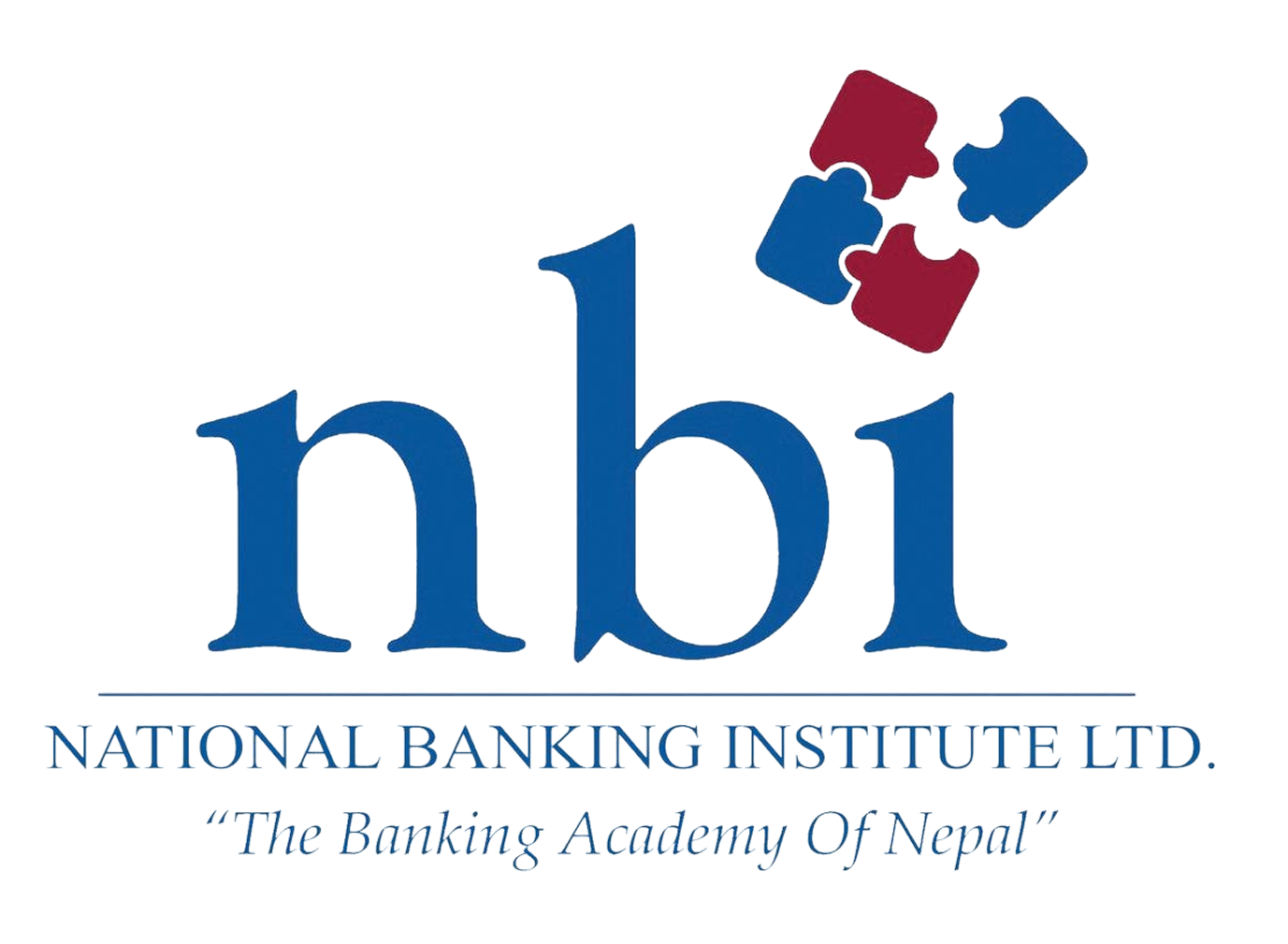
The importance of financial education has increased in recent years as a result of financial market developments and demographic, economic and policy changes. Financial markets are becoming more sophisticated, and new products are being continuously offered. Consumers now have greater access to a variety of credit and saving instruments provided by a

Financial education is the process by which financial consumers and investors improve their understanding of financial products and concepts. Through information, instruction, and/or objective advice, individuals develop the skills and confidence to become more aware of financial risks and opportunities. This helps them make informed choices, seek assistance when needed, and take actions to improve their financial well-being. It is essential to teach people financial basics like saving and budgeting, which can reshape their mindset and improve access to formal financial services.

The critical challenge on the national financial highway remains access to formal financial channels. A large portion of the population remains unbanked, with a lack of focused banking promotion activities and mechanisms to mobilize household savings. Initiatives addressing these challenges aim to help communities at the base of the pyramid understand the importance of saving habits and financial planning. Groups such as young students, rural housewives, remittance-dependent families, cooperative members, and disadvantaged populations particularly benefit from financial education to enhance their access to formal financial channels.

The National Banking Institute (NBI) has been delivering programs on financial literacy nationwide to create awareness about access to finance. Their efforts aim to improve financial inclusion so that more people can access financial products. NBI has conducted grassroots-level campaigns in districts like Kathmandu, Chitwan, Makwanpur, Dhading, Dang,
Dolakha, Ramechhap, Sindhupalchowk, Tehrathum, Sunsari, Kaski, Tanahau, and Syanjha.
NBI drives financial literacy nationwide, empowering communities with access to finance through grassroots campaigns across Nepal.
Financial literacy equips individuals to plan for their life cycle needs and deal with unexpected emergencies without resorting to debt. It imparts knowledge for financial planning, develops saving habits, and enhances the understanding of financial products, enabling effective use of financial services. Early exposure to concepts like earning, credit, income, and investing leads to significant benefits over time. National Banking Institute has been delivering following programs in different parts of the country.
- Awareness Program on Financial Literacy
- Training on Financial Literacy
- Train the Trainer on Financial Literacy

Empowering individuals with financial literacy to plan, save, and make informed decisions for a secure future.
Banking and financial institutions play a critical role in providing financial education tools and resources. It is their duty to equip clients and communities with the knowledge to lead fiscally responsible lives. This not only benefits individuals but also helps financial institutions capture untapped business opportunities, particularly in rural areas. By improving consumers' financial literacy, banks empower them to
make informed decisions, build assets, and contribute to the overall financial ecosystem
For more information, explore our financial literacy slides.

Our app provides regular updates on upcoming events and training programs focused on both soft skills and core skills. It also keeps users informed about certification course exams and results. Additionally, the app promotes financial literacy by covering essential topics such as saving, budgeting, loans, and insurance. Through interactive quizzes and exercises, users can enhance their financial skills and assess their understanding.
Now available in Play store and App store




